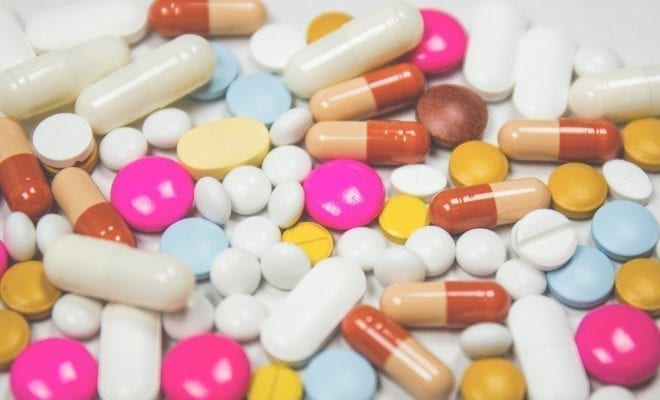Learn about brain health and nootropics to boost brain function
Nootropics: The Curious World of Smart Drugs

Lifestyle
Nootropics, also known as smart drugs, are the latest health craze, promising enhanced mental performance. You’ve likely seen these supplements in the health aisle or at supplement shops, with claims to boost your memory and focus, but do these mental enhancers actually work? Let’s break down the curious world of smart drugs.
The term “nootropics” was first coined by Dr. Corneliu E. Giurgea, who is credited with developing piracetam, one of the most effective nootropics available. These supplements work by protecting the neurons in your brain, As you age, these neurons become damaged from toxins, leading to a decrease in certain areas of cognitive function. Fundamentally, nootropics work by stimulating these neurons, leading to an increase in blood and oxygen flow to your brain, though the way this is accomplished varies between different supplements.
Brain enhancing supplements typically fall under two different categories: naturally occurring substances and manmade prescription drugs. Some examples of naturally occurring nootropics include caffeine, creatine, phenibut, ginkgo biloba, and many more. Manmade nootropics include Adderall, Ritalin, and over-the-counter products like Noopept. Since nootropics work in various ways, they are commonly taken in what’s known as “stacks” or basically combinations of different supplements. An example of a stack could include caffeine and L-theanine, both of which provide increased focus and energy.
People who experiment with nootropics are sometimes referred to as noonauts. These people can essentially be compared to bodybuilders, except instead of working to optimize their muscle, they work to optimize their minds. On the nootropic subreddit, you can find an entire online community coming together to discuss anything from recommended stacks to new, up-and-coming supplements.
Studies have shown that there are practical benefits to nootropics, but these benefits are difficult to explicitly pin down, considering each individual’s brain chemistry can react to these substances in different ways. When it comes to the most powerful and effective nootropics, prescription drugs like Adderall and Ritalin are the most studied and understood of the bunch. Another promising nootropic is a drug called Modafinil, which was originally developed to treat narcolepsy. These medications help control your attention by increasing the amount of neurotransmitters in your brain, which in turn help neurons communicate quicker.
Smart drugs have become widely popular among entrepreneurs in Silicon Valley, top-level executives, and busy college students. A 2012 study published in the Journal of American College Health showed that roughly two-thirds of students had taken prescription nootropics for non-medical purposes by the end of their college careers.
This increased cognition and mental focus can come at a risk though. Stimulant smart drugs can cause cardiac issues, high blood pressure, and psychosis if taken in high doses. Other lab-created nootropics have little research supporting their use or any potential side effects.
Despite this, there are some relatively safe nootropics out there that already have serious use potential. Piracetam is used to treat Alzheimer’s, dementia, alcoholism, and a variety of other illnesses. Creatine is a powerful nootropic that helps fuel your brain and provide a boost in short-term memory and reasoning skills. Noopept is a synthetic smart drug that can be purchased as a supplement, which helps promote the growth of brain cells and has even been used to speed up recovery time from brain injuries.
Click here to view full article